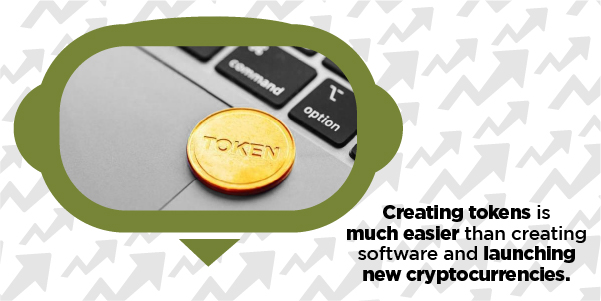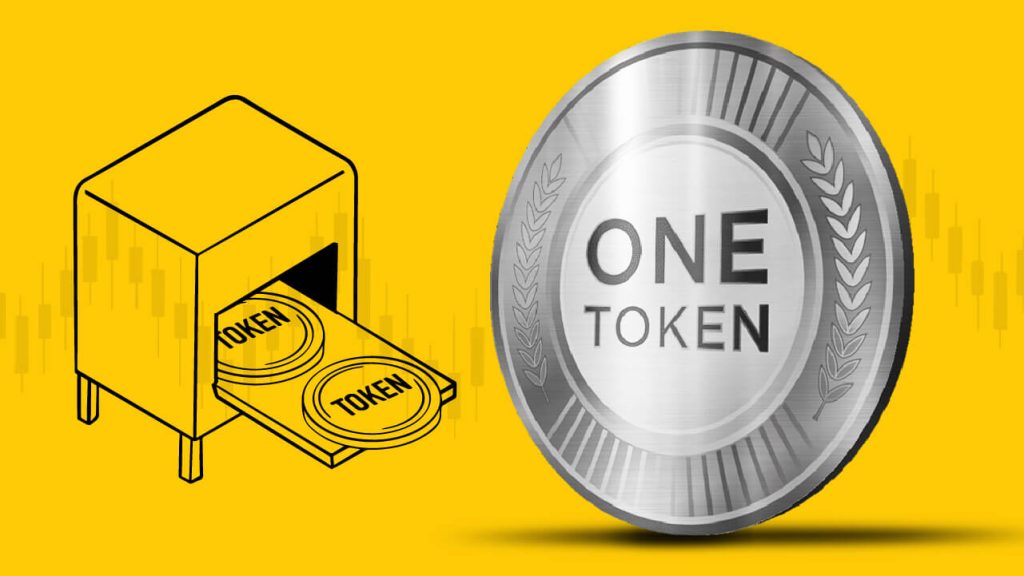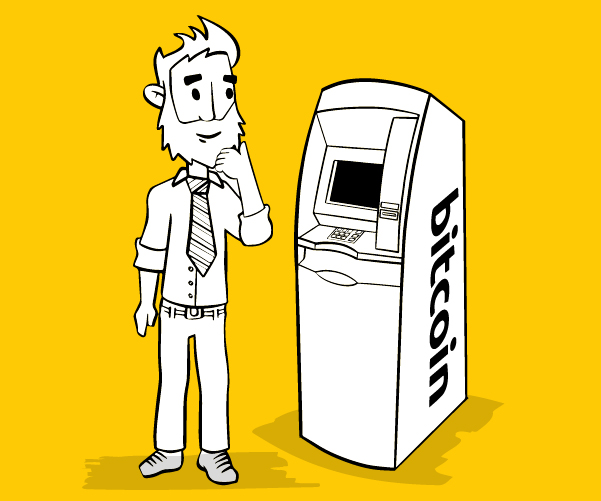Cryptocurrencies make it possible to create and securely transfer assets that do not have their own infrastructure; Let’s explore the importance of tokens.
INDEX
- Context.
- Use cases.
- Tokenization and accessibility.
- Conclusion.
Context.
Cryptocurrencies are financial assets that can be transferred through decentralized “Peer-to-Peer” networks, which have their own infrastructures called “blockchains”, and are supported by mining; an activity that prevents falsification through mathematical verification. The same technology that makes the operation of Cryptocurrencies possible also allows the creation of a different type of asset; one that does not have its own infrastructure, but has a similar function and characteristics: tokens.
A token is an asset that is stored and transferred through the blockchain of a Cryptocurrency. In that sense, the tokens do not have their own mining system. This feature makes them ideal for those looking to launch something similar to “their own Cryptocurrency” on the market, but without the need to provide it with an autonomous system or program their own software.
Use cases.

The premise behind tokens lies in the fact that any organization, or individual, is capable of issuing a financial asset that can be stored in a Cryptocurrency wallet without the need for banking services. Likewise, this asset could be supported by Cryptocurrency exchange houses for its commercialization.
The creation of a token can have various purposes, the most common being:
- Use as reward points.
- Offer its holders the possibility of participating in decentralized voting processes, generally to make decisions related to an open source development project.
- To finance new business projects or the development of new features, in exchange for their later acceptance as means of payment.
- As stablecoins; that is, as representations of the value of a currency such as the dollar (COME ON, USDT, USDC), of a precious metal such as gold (XAUT), or of Cryptocurrencies that exist in blockchains different from the one in which the token is transferred (BTCW, PBTC).
Tokenization and accessibility.
The importance of tokens is that creating them is much easier than creating software to launch new Cryptocurrencies. The possibility of issuing this type of assets represents a great opportunity for those who are not programming experts or do not have the capital to hire a team of developers, which is a benefit in terms of technological accessibility.
Furthermore, the activity generated by the use of a token for the blockchain of the Cryptocurrency that hosts it can be very attractive, because their transfers usually require the payment of a mining fee using the Cryptocurrency that provides them. its infrastructure, which increases demand for it in the market, stimulating an increase in its price.
Click to Tweet: The importance of tokens lies in the fact that creating them is much simpler than creating software to launch new Cryptocurrencies.
This has caused its use to become very popular in many blockchains such as the Ethereum ecosystem, which has gained notoriety for its contributions to “tokenization” through its ERC20 and ERC721 standards, as well as its powerful “smart contracts”, which tokens can also interact with.
Additionally, the popularity of the Cryptocurrencies chosen to host tokens, as well as the compatibility, variety and ease of use of applications, benefit these tokens. It is common for a token to be more easily listed on an exchange depending on the standard that has been used to issue it (with the ERC20 standard being among the most popular); In the same way, this can give you access to an infinite number of decentralized applications (dapps), including “Decentralized Exchanges” (DEX), which allow you to exchange them for other tokens and Cryptocurrencies without giving up their custody.

Conclusion
Tokens are an innovative way to create and transfer value in the digital economy, leveraging blockchain technology and Cryptography. Tokens can have various uses and benefits, from rewarding users, funding projects, representing assets, or facilitating decentralized processes. Tokens can also democratize access to investment and participation in the development of new solutions. The tokens are an example of how blockchain technology can transform the financial and social world.


















